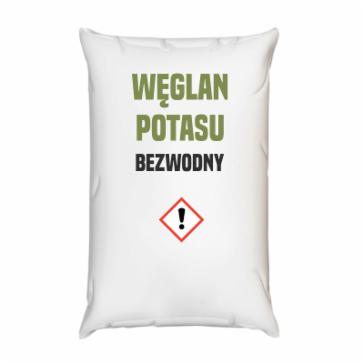Industry
Show all
Glues
Firefighting
Agrochemicals
CASE
Industrial cleaning and washing
Road maintenance
Detergents
Paints and varnishes
Tanning
Cosmetics and personal care products
Lubricants and cutting fluids, base oils, additives
Vehicle washing and care
Chemical reagents
packaging
Construction industry
Pulp and paper industry
Refrigeration industry and household appliances
Electronic industry
Energy industry
Pharmaceutical industry
Furniture industry
Metallurgical industry
Fuel industry
Food industry
Mining industry
sport and Recreation
Transport
Printing inks
Plastics
Water treatment and wastewater treatment
Textiles and textiles
Extraction and production of oil and gas
Chemical raw materials and intermediates
Cosmetic raw materials and detergents
Show all
Production of shampoos
Production of shampoos for children
Liquid soap production
Production of bath liquids
Production of bath liquids for children
Production of face wash and care products
Production of depilatory and shaving products
Production of other cosmetics
Cosmetic oils
Dispersants
Intermediates for detergents
Detergents
Washing agents
Cleaning agents
Low-foaming agents
Degreasing agents
Foaming agents
High-foaming agents
Wetting agents
Stabilizers
Zmień język

